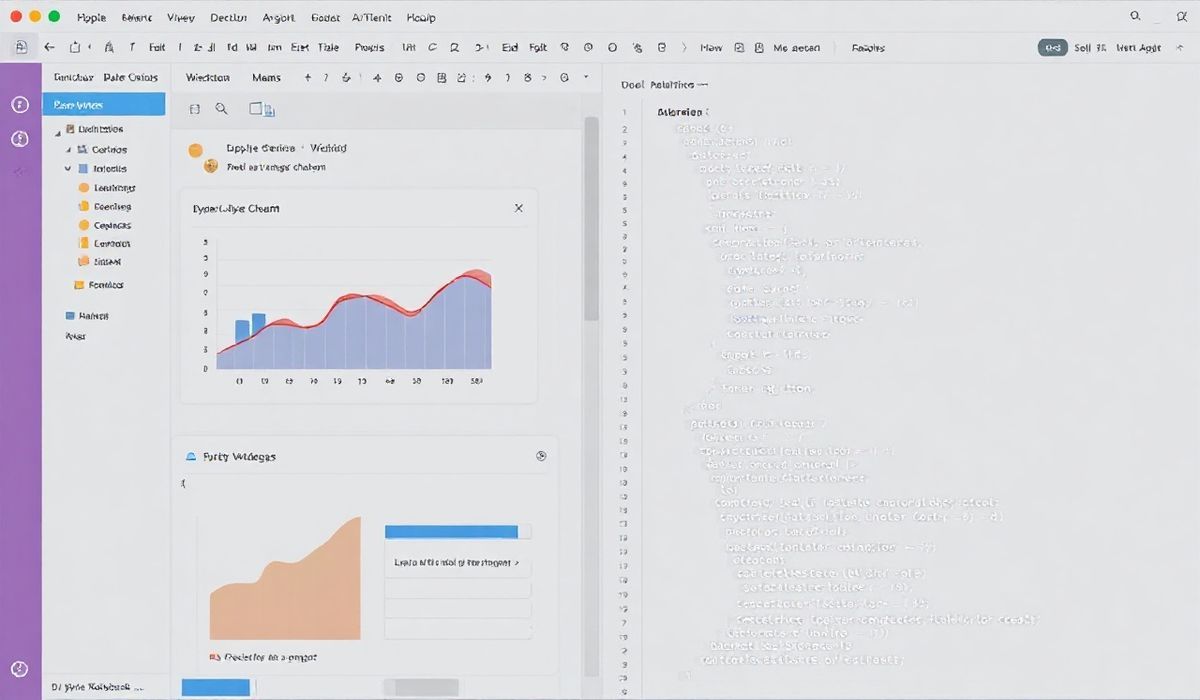Introduction to Masonite
Masonite is an elegant, developer-centric Python web framework that empowers developers to build modern web applications effortlessly. Known for its simplicity, clarity, and speed, Masonite is a great choice for building performant and scalable applications.
Core Features of Masonite
Masonite comes packed with a wide range of APIs to simplify web development. Below, we dive into some of the key APIs and provide example code snippets.
Routing
Defining routes in Masonite is straightforward and flexible:
from masonite.routes import Get, Post
ROUTES = [
Get('/', 'HomeController@show'),
Post('/login', 'AuthController@login'),
]
You can also use route groups, middleware, and named routes for better control:
from masonite.routes import RouteGroup
ROUTES = [
RouteGroup([
Get('/dashboard', 'DashboardController@index'),
Get('/settings', 'UserController@settings'),
], middleware=['auth'], name='dashboard')
]
Controllers
Controllers handle application logic. Here’s a simple example:
from masonite.controllers import Controller
from masonite.request import Request
class HomeController(Controller):
def show(self, request: Request):
return 'Welcome to Masonite!'
Models
Masonite provides ORM capabilities through Orator.
from masoniteorm.models import Model
class User(Model):
__fillable__ = ['name', 'email', 'password']
Create, read, update, and delete records easily:
user = User.create(name="John Doe", email="john@example.com", password="password123") user = User.find(1) user.update(name="John Updated") user.delete()
Authentication
Masonite makes user authentication seamless with its Auth system:
from masonite.auth import Auth
from masonite.request import Request
def login_user(request: Request):
Auth(request).login_by_id(1) # Logs in user with ID 1
return 'User Logged In'
Middleware
Middleware is used for handling pre- and post-request logic:
from masonite.middleware import Middleware
class CustomMiddleware(Middleware):
def before(self, request, response):
print("Before Request")
def after(self, request, response):
print("After Request")
Task Scheduling
Masonite has a built-in scheduler for handling repetitive tasks:
from masonite.scheduling import Kernel, Job
Kernel.schedule(Job('example_task').every_hour())
Emailing
Sending emails is straightforward with Masonite:
from masonite.mail import Mailable, Mail
class WelcomeEmail(Mailable):
def build(self):
return self.to("user@example.com").subject("Welcome!").view("emails.welcome")
Mail().send(WelcomeEmail())
Building a Simple Blog App
Here’s an example of a blog application utilizing Masonite’s APIs:
Step 1 Create Your Models
from masoniteorm.models import Model
class Post(Model):
__fillable__ = ['title', 'content']
Step 2 Define Routes
from masonite.routes import Get, Post
ROUTES = [
Get('/', 'PostController@index'),
Get('/post/@id', 'PostController@show'),
Post('/post', 'PostController@store'),
]
Step 3 Create a Controller
from masonite.controllers import Controller
from masonite.request import Request
from app.models.Post import Post
class PostController(Controller):
def index(self):
return Post.all()
def show(self, request: Request):
post_id = request.param("id")
return Post.find(post_id)
def store(self, request: Request):
title = request.input("title")
content = request.input("content")
post = Post.create(title=title, content=content)
return post
With this setup, you’ve successfully built a basic blog application using Masonite!
Start building with Masonite and experience the elegance of its APIs. The framework is designed to make web development seamless and intuitive.




